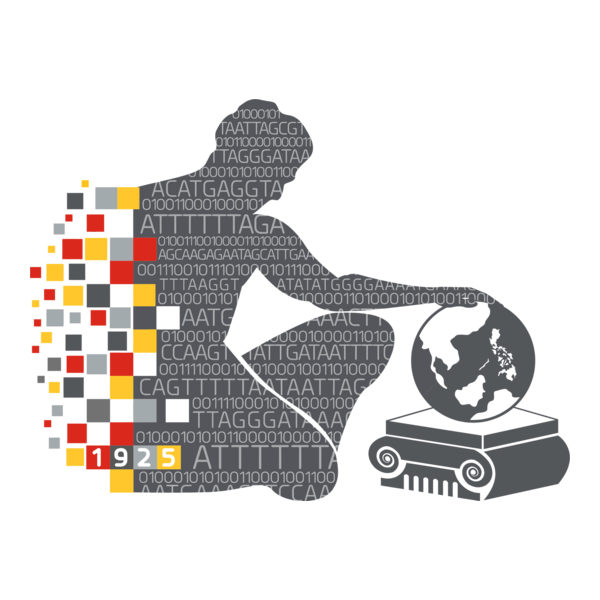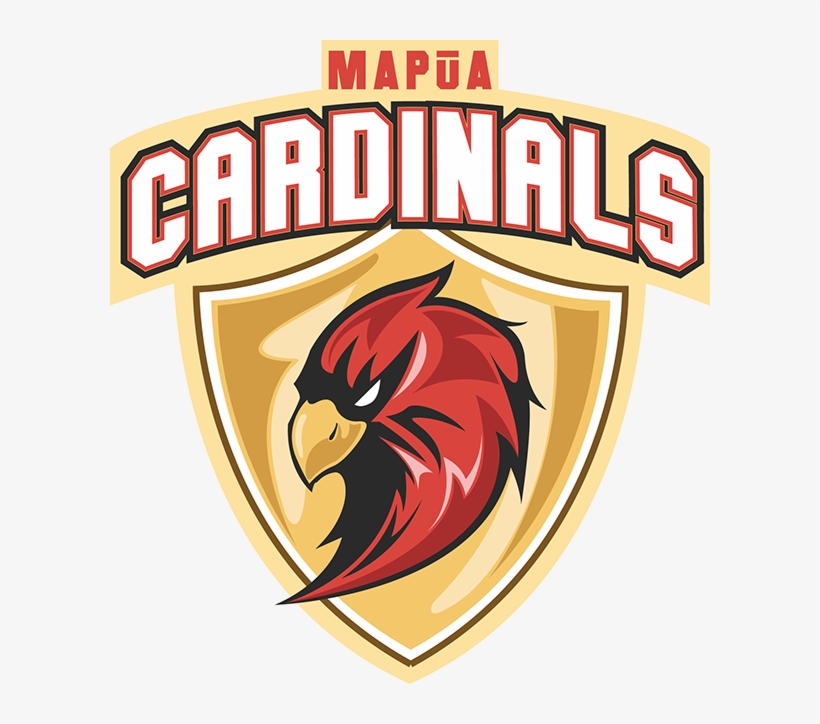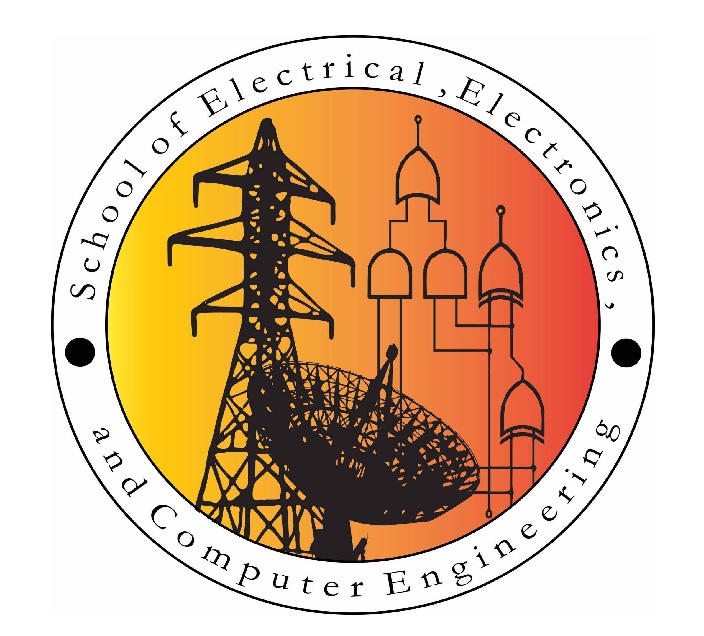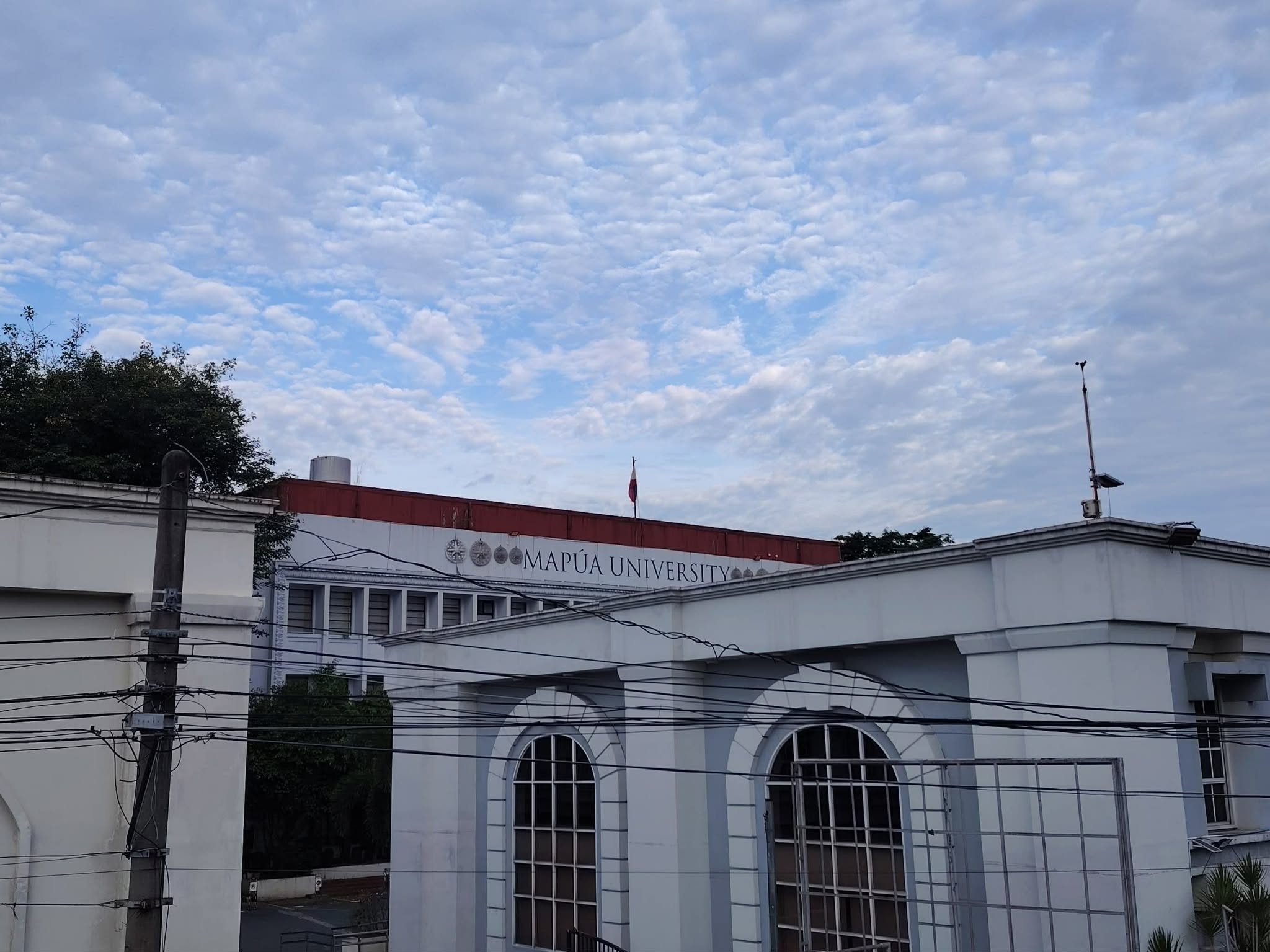Home Page

George Frenzel Basatan
Year Level: 2nd Year | Course: Computer Engineering
“Turning curiosity into innovative technology solutions.”




George Frenzel Basatan
Year Level: 2nd Year | Course: Computer Engineering
“Turning curiosity into innovative technology solutions.”



I’m George Frenzel Basatan, a passionate Computer Engineering student with a strong curiosity for how technology works — from hardware systems to software solutions. I enjoy data management, web development, and server creation, and I’ve applied my skills in both academic projects and real-world applications.
Notable achievements & experiences:

Computer engineering covers the integrated study of hardware, software, embedded systems, networking, mathematics, and engineering sciences to design, analyze, and implement modern computing technologies
Application: Applying engineering principles to design, build, and test computing hardware, embedded systems, and software-based control systems.
Skills Developed: Proficiency in hardware–software integration, digital design, embedded systems, and microelectronics.
Outcomes: Ability to design, analyze, and implement computing systems—including embedded systems, networks, and electronic devices.

The Computer Engineering curriculum covers both non-technical and technical courses, including mathematics, physical sciences, basic and allied engineering, professional courses, electives, and specializations such as AI, cybersecurity, embedded systems, and microelectronics.
Application: The curriculum applies engineering principles in hardware and software design, integrating theory with real-world practice through projects, research, and industry exposure
Skills Developed: Students develop technical, analytical, and professional skills in programming, system design, data communication, problem-solving, and project management.
Outcomes: Graduates gain comprehensive knowledge in computer engineering, enabling them to design innovative systems, adapt to technological changes, and excel as competent professionals.

The lesson covers the engineering design process, sustainability in design, teamwork dynamics, and project scheduling.
Application: The engineering design process is applied to solve real-world problems by developing efficient, sustainable, and well-organized solutions.
Skills Developed: Students develop skills in problem-solving, teamwork, research, critical thinking, and project management.
Outcomes: Learners are able to design sustainable engineering solutions, collaborate effectively in teams, and manage projects efficiently from concept to completion.

The lesson discusses industrial revolutions, key emerging technologies such as AI, IoT, blockchain, quantum computing, and their ethical implications in computer engineering.
Application: Emerging technologies are applied to enhance automation, connectivity, data analysis, and sustainable innovation across various industries.
Skills Developed: Students develop skills in analyzing new technologies, understanding ethical and societal impacts, and applying advanced computing concepts to real-world problems.
Outcomes: Learners gain the ability to evaluate, implement, and manage emerging technologies responsibly while promoting innovation and sustainability in computer engineering.

Description: Developed an automated lighting system that adjusts brightness based on room occupancy and natural light to promote energy efficiency and sustainability.
Key Features:
Technologies Used:

Description: Designed and built a microcontroller-based system that monitors temperature and humidity in real time, alerting users when readings exceed set thresholds.
Key Features:
Technologies Used:


Description: Developed a website to present engineering design projects, document design processes, and demonstrate key learnings from the computer engineering curriculum.
Key Features:
Tools, Technologies, and Platforms:

Description: in a design team to develop an automated irrigation system that waters plants based on soil moisture levels and weather data.
Key Features:
Tools, Technologies, and Platforms:


My experience as a Computer Engineering student at Mapúa University has been both challenging and rewarding. From the start, I was fascinated by how technology works — from hardware systems to software solutions — and this curiosity guided me throughout my studies.
One of the main challenges I faced was balancing multiple complex projects with demanding coursework. There were times when code wouldn’t compile, systems malfunctioned, or deadlines overlapped. To overcome these obstacles, I developed strong time management skills, problem-solving strategies, and collaboration habits. I learned to break down problems into manageable steps, seek advice when needed, and iterate until I found effective solutions.
The program has shaped my technical skills in areas like data management, web development, and server creation, allowing me to apply theory in real-world projects. On a personal level, it strengthened my resilience, critical thinking, and ability to adapt to challenges.
Overall, my journey at Mapúa has not only deepened my knowledge in computer engineering but also prepared me to approach future problems with confidence, creativity, and determination.





Email: gfpbasatan@mymail.mapua.edu.ph
WhatsApp: +63 949 471 2824
LinkedIn: https://www.linkedin.com/in/george-basatan-663462391/
GitHub: https://github.com/spacterus